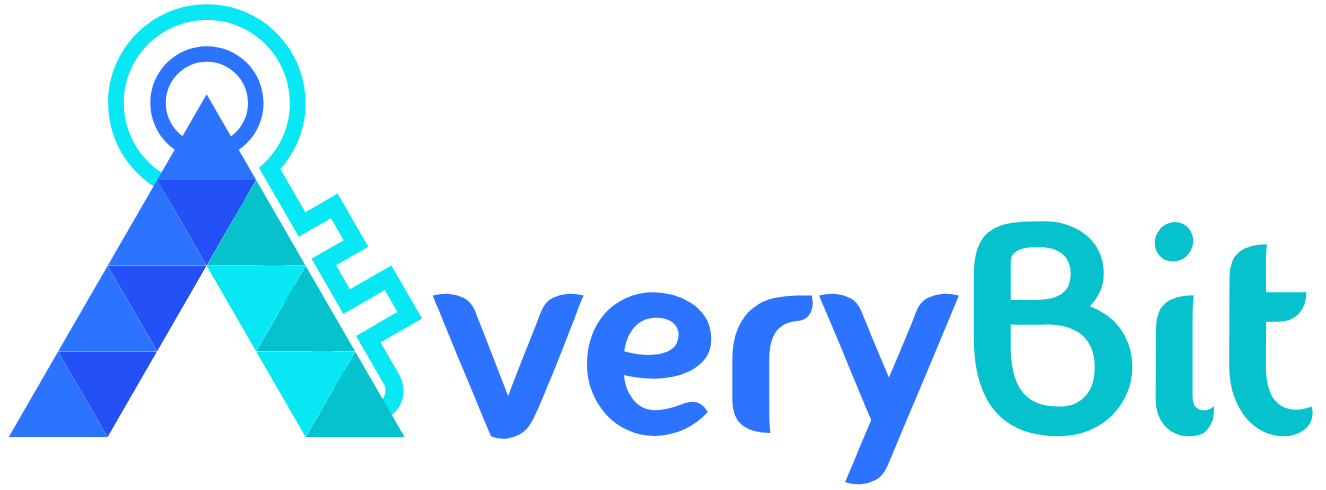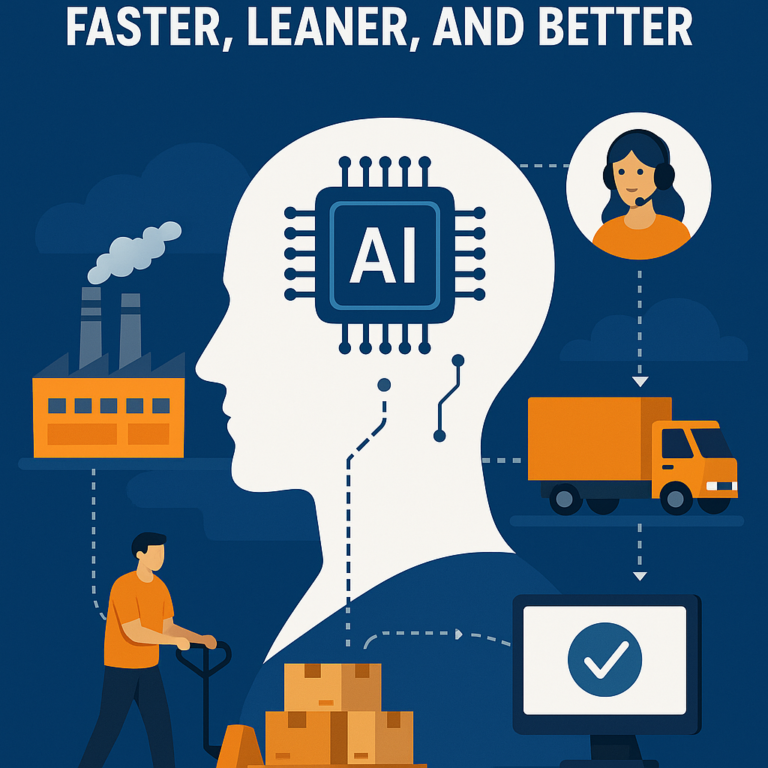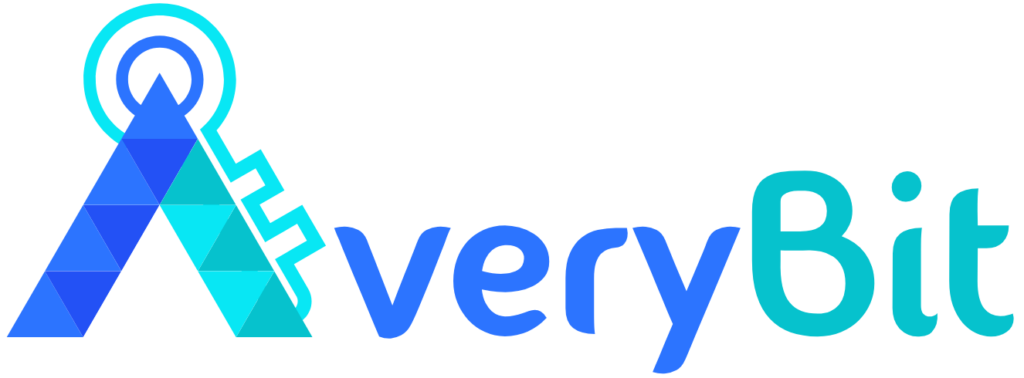The worth of a solid database in the ever-changing field of web development cannot be emphasized. Effective data management is critical as all businesses, big and small, proceed with their digital transformation.
As the foundation for organizing and managing sensitive data created at all levels, database management system software stands out as a crucial option. Web applications cannot adequately handle, store, or manage data without a database. It supports the application’s components in effectively retrieving, processing, and delivering accurate output to consumers. Furthermore, it helps to improve the software’s scalability, security, speed, and overall performance. Therefore, all of this depends upon selecting a trustworthy and accurate database. This post will examine the top ten databases for web apps.
10 Best Databases for Web Applications to Consider in 2024
MySQL
The most widely used open-source relational database for web applications worldwide is MySQL. With more than 100 million installations globally, MySQL is owned by Oracle. MySQL is a reliable and efficient database management system for handling SQL queries, transaction processing, and multithreaded tasks. MySQL allows functions and stored procedures for intricate logic. Administration is made easier by integrations like MySQL Workbench.
MySQL is so widely used and has been around for so long that it integrates easily with almost every web framework, including Node.js, Python, PHP, Ruby on Rails, and Java. MySQL is used by popular websites like Facebook, Twitter, and YouTube.
Oracle
Oracle is one of the most widely used relational database management systems (RDBMS) worldwide, employed in a variety of industries, due to its exceptional scalability, strong performance, and outstanding security. With features like encryption, auditing, and access controls, Oracle ensures security while making it simple to store and handle massive volumes of data at high transaction rates. A high level of versatility is offered by the fact that Oracle users can open and utilize the database without much change on any platform, including Windows, Linux, and UNIX.
Oracle is a good database option for companies looking to cut expenses without compromising functionality.
PostgreSQL
Another well-known database for web application development is PostgreSQL, sometimes known as Postgres. Its open-source license allows you to download and configure it without restriction. Furthermore, data integrity is highly likely to be maintained and it is regarded as 100% safe.
In addition, it lets you design custom functions and data types based on your needs. As a result, administrators will find it simple to comprehend and control the software, and the logic of the application will function flawlessly.
Cassandra
One of the most well-liked SQL databases for creating a high-performance database for your website is Cassandra. Cassandra is the best option for applications that need to handle different levels of data consistency because of its distributed design and support for adjustable consistency, which offer a versatile platform for data management. It is made to manage massive volumes of data across several commodity servers. It is renowned for both its highly available architecture and its capacity to manage heavy write loads.
SQLite
The finest database for Python is called SQLite, and it’s free and supports SQL queries. Additional benefits of using SQLite include its comprehensive feature set, release cycles, performance benchmarks, and absence of administration overhead. Since the JavaScript code can be used to execute the application on PCs, phones, and browsers, this feature makes it perfect for portable apps like games.
Due to its lightweight and serverless architecture, SQLite is especially well suited for mobile web development, including React Native platforms. Its effective data management meets mobile apps’ requirements.
Microsoft SQL Server
A product of Microsoft Corporation, Microsoft SQL Server was created to store and retrieve data across several servers while maintaining security and speed. Due to its relational database architecture and integrated high availability and disaster recovery features, MS SQL Server protects data. Because SQL Server was created by Microsoft, it also functions more seamlessly with other Microsoft products, such as Visual Studio and the.NET Framework.
IBM DB2
With real-time and low-latency applications in mind, the IBM DB2 is a sophisticated cloud-native database. It can be utilized on Windows, Linux, and Unix, among other operating systems. Since it supports both object-relational and non-relational features and is incredibly fast, the majority of professionals give it serious consideration.
IBM also guarantees the highest possible levels of data availability, integrity, and exponential scalability while utilizing this database.
MongoDB
The greatest NoSQL database management system available today is MongoDB, which manages document data instead of relational data as the RDBMS platform does. There is a strong query language in the tool. This makes it easier to use object-oriented languages to load and retrieve data from the RDBMS database program, while it still requires additional application-level mapping. It can be integrated with other monitoring systems or used to visualize, monitor, and send alerts on more than 80 metrics that measure the health of your cluster.
Redis
Since Redis is a multipurpose database, it is highly popular among web app developers. It can be set up to operate more quickly by acting as a cache memory, streaming engine, message broker, and storage database. Furthermore, it is an open-source database technology that allows logic to be implemented and customized to meet business needs.
Redis can also be used to create real-time applications, like FinTech software. Additionally, the caching approach speeds up computations, session states, and API calls overall.
It has excellent support for NodeJS, Python, and .NET Core.
MariaDB
An open-source relational database called MariaDB provides an enhanced substitute for MySQL. Its scalability and performance surpass MySQL for contemporary infrastructure, having been developed by the MariaDB Foundation.
The data types that MariaDB supports are expanded to include JSON, geographic, and time-series data. Scalability and robustness are offered by sophisticated clustering, replication, and backup features.
Conclusion
Some of the greatest web app databases on the market in 2024 are those found in this list of database management systems. Every database has advantages and disadvantages of its own, therefore companies selecting the best database for their next web application must take their unique requirements into account.














